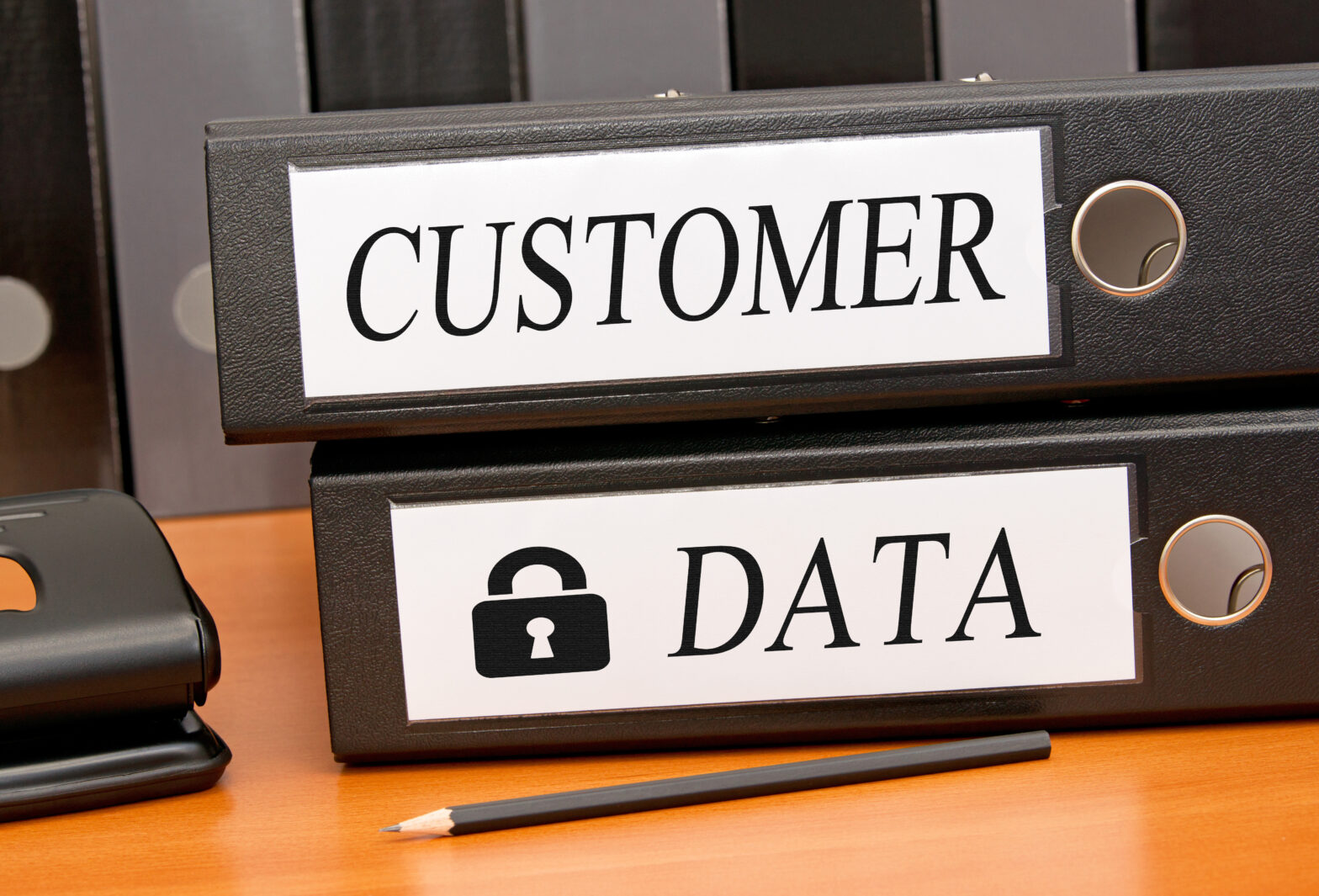According to a survey by data intelligence solutions company GBG, consumers are fed up with being asked for their details, with two in three admitting to deliberately giving incorrect information because they believe the risks outweigh the benefits.
The study finds that performance, service delivery and customer relationships will suffer if businesses aren’t dealing in accurate customer data.
GBG warns that a ‘trust meltdown’ could have an impact on global prosperity as more and more businesses rely on a digital infrastructure for their growth plans.
Germans are the most likely to lie (71 per cent), Australians are the least (57 per cent) while 62 per cent of Brits admit to being deliberately misleading
The 18-24 age group contains the worst offenders, with 81 per cent admitting to providing the wrong information when asked for personal information.
By contrast, the over-65s are the most honest – 59 per cent say they don’t lie.
Men (18 per cent) are more likely to lie about their age than women (12 per cent), and just 10 per cent believe they benefit from handing over personal information to a business.
The study also unveils the motivations behind the deception. Three in four (73 per cent) consumers believe the risks outweigh the benefits when handing over data with 73 per cent concerned that they will receive unsolicited contact from businesses as a result.
Some 83 per cent are worried the information will be sold on to another organisation without their knowledge. Two in three (67 per cent) don’t think brands are open enough, with the overwhelming majority of people (94 per cent) wanting to know how their data will be used before they share it.
Even businesses themselves admit they’re getting it wrong. Almost half (47 per cent) admit to collecting data which is not used or useful.
GBG CEO Richard Law says a chasm has formed between consumers and brands when it comes to data because customers aren’t aware of the value of sharing their information.
‘Data distrust is coming at a cost to businesses. Data is the fuel of the digital economy, and if there’s not enough or if it’s of poor quality, businesses will not survive. People have, quite rightly, placed a bounty on this information – whether it’s their name, location, items bought during the weekly shop, or even biometrics – because it’s their personal property. Businesses must treat it as such,’ he says.
‘If we’re to avoid another global economic crisis, there needs to be a shift in the way businesses collect and use our personal information. At all times, less is more and they should only ask for the information they need. The value exchange must be crystal clear and businesses need to be open and transparent about why they are asking for the information, how they’ll use it, and the value they’ll give back to the customer.’





